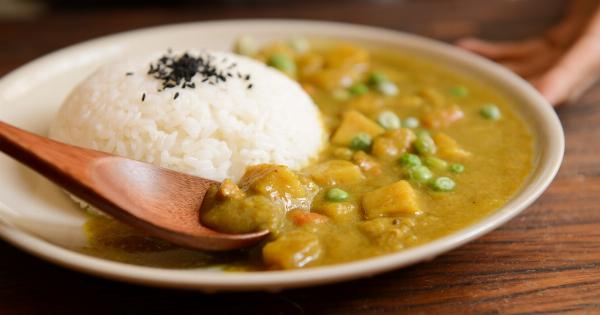The wide variety of food available for consumption throughout the world can be astonishing. While most people stick to conventional meals, there are those who like to try something new and experiment with their taste buds.
Unusual foods are those that are not commonly consumed across the globe. However, today, thanks to globalization, unusual foods have become more accessible than ever before, which begs the question, are they good for you or gross?.
Unusual Foods: A Global Perspective
Every country and region boasts its unusual foods that are considered delicacies by its natives. In Malaysia, the cobra’s heart is widespread, with locals believing that this dish increases virility.
In some Chinese restaurants, you can find bird’s nest soup, made from the saliva of swiftlets, selling for up to $100 a bowl. The native people of the Arctic make an unusual delicacy by fermenting whole seabirds in a seal bag. In South Africa, a dish called chakalaka, which consists of beans, tomatoes, and onions, is a local favorite.
The Good: Unusual Foods
Unusual foods have unique flavors and textures that can entice the senses. For example, the Kashmiri dish, rogan josh, is made from lamb cooked in various spices.
It has a smoky aroma and a complex flavor profile, making it a great addition to anyone’s culinary repertoire. Additionally, numerous unusual foods boast health benefits. For instance, chakalaka is low in fat, high in fiber, and rich in protein, a combination that makes it an excellent choice for individuals who want to maintain a healthy diet.
Another example is kale, which was once an unusual food but has recently enjoyed a surge in popularity due to its numerous health benefits. Kale is rich in iron, vitamins, and antioxidants, which are necessary for healthy skin, hair, and nails.
The Bad: Unusual Foods
Unusual foods can also pose health risks. For instance, the Japanese delicacy, fugu, which is made from a toxic blowfish, must be prepared by specially-trained chefs because a single mistake could lead to poisoning and death.
Additionally, some unusual foods can be high in calories, saturated fat, sugar, and salt. Fried insects, for instance, may be high in calories than other, healthier forms of protein and may contain cholesterol. Lastly, some people may find unusual foods gross and unappetizing, which can impact their eating habits and health.
Unusual Foods: Considerations to Make Before Trying Them
Before trying any unusual food, it’s essential to consider various factors. First, one should consider the source of the food and whether it was ethically produced.
Some exotic foods, such as shark fin soup, are produced by cruel methods, such as finning. Secondly, one should consider their dietary preferences and restrictions. For instance, vegetarians should avoid dishes that contain meat, while individuals with allergies should avoid foods that may cause reactions.
Lastly, one should consider the potential health risks and benefits of unusual foods, as well as their individual nutritional needs.
Conclusion
The debate on whether unusual foods are good or gross may never be settled, as it depends on personal preference and cultural differences.
However, one thing is for sure: unusual foods have unique flavors and textures that set them apart from conventional meals. Moreover, some unusual foods boast remarkable health benefits, while others may pose health risks. Thus, anyone considering trying unusual foods should weigh the risks and benefits carefully.






























